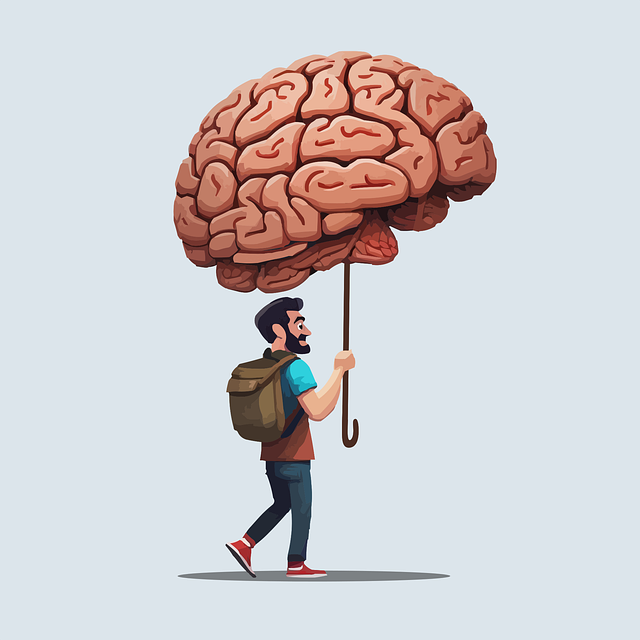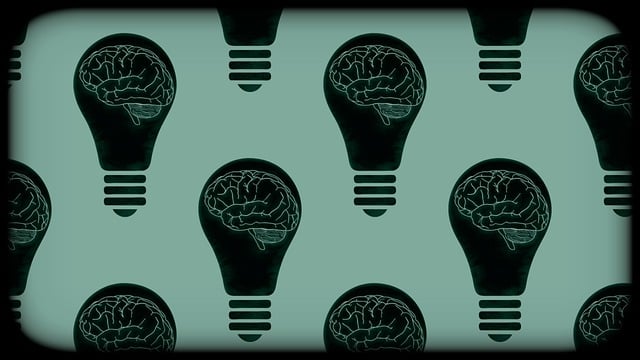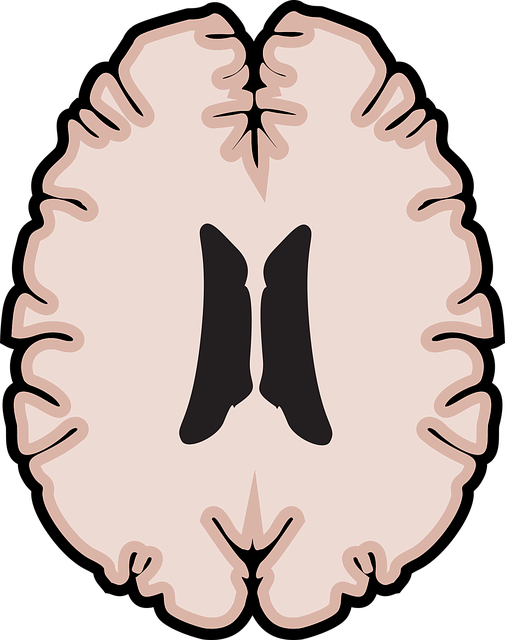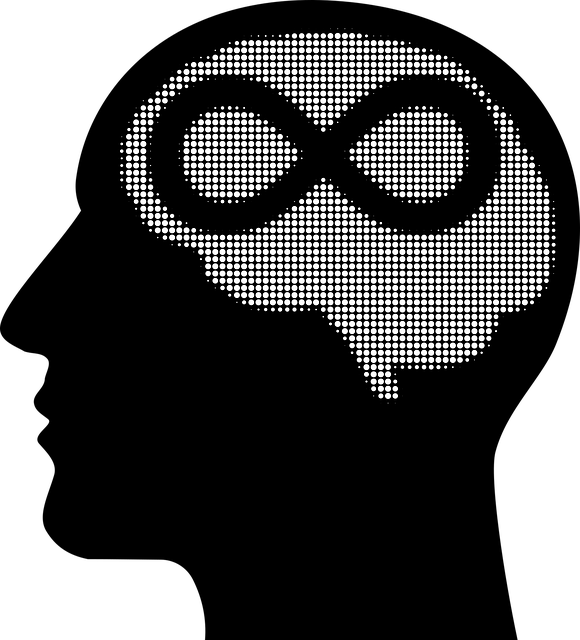Mental health professionals in Denver face challenges diagnosing dissociative disorders due to diverse symptom presentations and cultural differences, hindering access to effective Denver dissociative disorder therapy. Accurate assessment requires cultural sensitivity and techniques like self-care routine development and emotional regulation. Despite advances, gaps remain, emphasizing the need for tailored approaches, integrated strategies (mindfulness, mind over matter), and deep understanding for improved diagnosis accuracy in Denver dissociative disorder therapy.
Mental illness diagnosis accuracy is a critical aspect of patient care, especially for complex conditions like dissociative disorders. This article delves into the current challenges associated with diagnosing Denver Dissociative Disorder (DDD), highlighting the intricate nature of these conditions and gaps in understanding. We explore advancements in diagnosis techniques, such as innovative assessment methods and technology integration, showcasing successful case studies. Furthermore, we discuss training, education, and collaboration efforts aimed at enhancing mental health professional knowledge and improving patient care for DDD.
- Current Challenges in Dissociative Disorder Diagnosis
- – Exploring the complexities of dissociative disorders
- – Gaps in understanding Denver Dissociative Disorder (DDD) specifically
Current Challenges in Dissociative Disorder Diagnosis

Mental health professionals face significant challenges when diagnosing dissociative disorders, a complex group of conditions characterized by disruptions in memory, identity, and consciousness. One of the primary hurdles is the diverse presentation of symptoms, which can range from vivid hallucinations to depersonalization and derealization. This complexity often leads to misdiagnosis or delayed identification, impacting patients’ access to appropriate Denver dissociative disorder therapy.
Furthermore, cultural sensitivity in mental healthcare practice is crucial for accurate assessment. Dissociative disorders may manifest differently across diverse populations due to varied cultural contexts and expressions of distress. For instance, what’s considered a sign of dissociation in Western cultures might be interpreted differently in communities with distinct belief systems. Incorporating self-care routine development for better mental health and emotional regulation techniques into therapy can also aid in identifying underlying dissociative symptoms, especially when combined with culturally sensitive approaches.
– Exploring the complexities of dissociative disorders

Dissociative disorders present a unique challenge due to their intricate and often complex nature. These conditions, characterized by a disconnection from reality and one’s own identity, can be difficult to diagnose accurately. The experience of dissociation varies greatly among individuals, ranging from brief episodes of detachment to more prolonged states that impact daily functioning. This complexity arises from the involvement of various cognitive, emotional, and psychological factors, making it crucial for mental health professionals in Denver dissociative disorder therapy to employ sophisticated assessment techniques.
Effective communication strategies are vital in navigating these complexities. Mental health professionals must create a safe and non-judgmental environment that encourages clients to express their experiences openly. Additionally, Risk Management Planning is essential to ensure the well-being of both the client and the therapist during treatment, especially considering the potential intensity of dissociative symptoms. Through careful mood management techniques and comprehensive risk assessments, professionals can better understand and address the unique needs of individuals with dissociative disorders.
– Gaps in understanding Denver Dissociative Disorder (DDD) specifically

The complex nature of Denver Dissociative Disorder (DDD) presents significant challenges when it comes to accurate diagnosis and effective treatment. While significant strides have been made in understanding mental health conditions, there remain gaps, especially for this particular disorder. DDD is characterized by a disconnect between one’s identity and memories, often leading to confusion, disorientation, and altered states of consciousness. The symptoms can be vast and varied, encompassing not only dissociative experiences but also mood disturbances, anxiety, and even suicidal ideation. This complexity makes it crucial for therapists to employ tailored approaches in DDD therapy.
Efforts to improve diagnosis accuracy often focus on integrating diverse therapeutic methods. Mindfulness meditation and mindfulness-based practices have shown promise in helping individuals with DDD regulate their emotions and gain better control over their symptoms. Additionally, teaching mind over matter principles can empower patients to reframe their experiences and develop healthier coping mechanisms. These strategies, combined with a thorough understanding of the disorder, can significantly enhance the effectiveness of Denver Dissociative Disorder therapy.
Mental health professionals’ ongoing efforts to enhance diagnostic accuracy for dissociative disorders, such as Denver Dissociative Disorder (DDD), are crucial. By addressing current challenges and gaps in understanding, including the complex nature of these conditions, we can improve patient outcomes. Advanced therapeutic approaches, like those tailored for DDD, offer hope for accurate diagnosis and effective treatment, ultimately fostering better mental health care.












